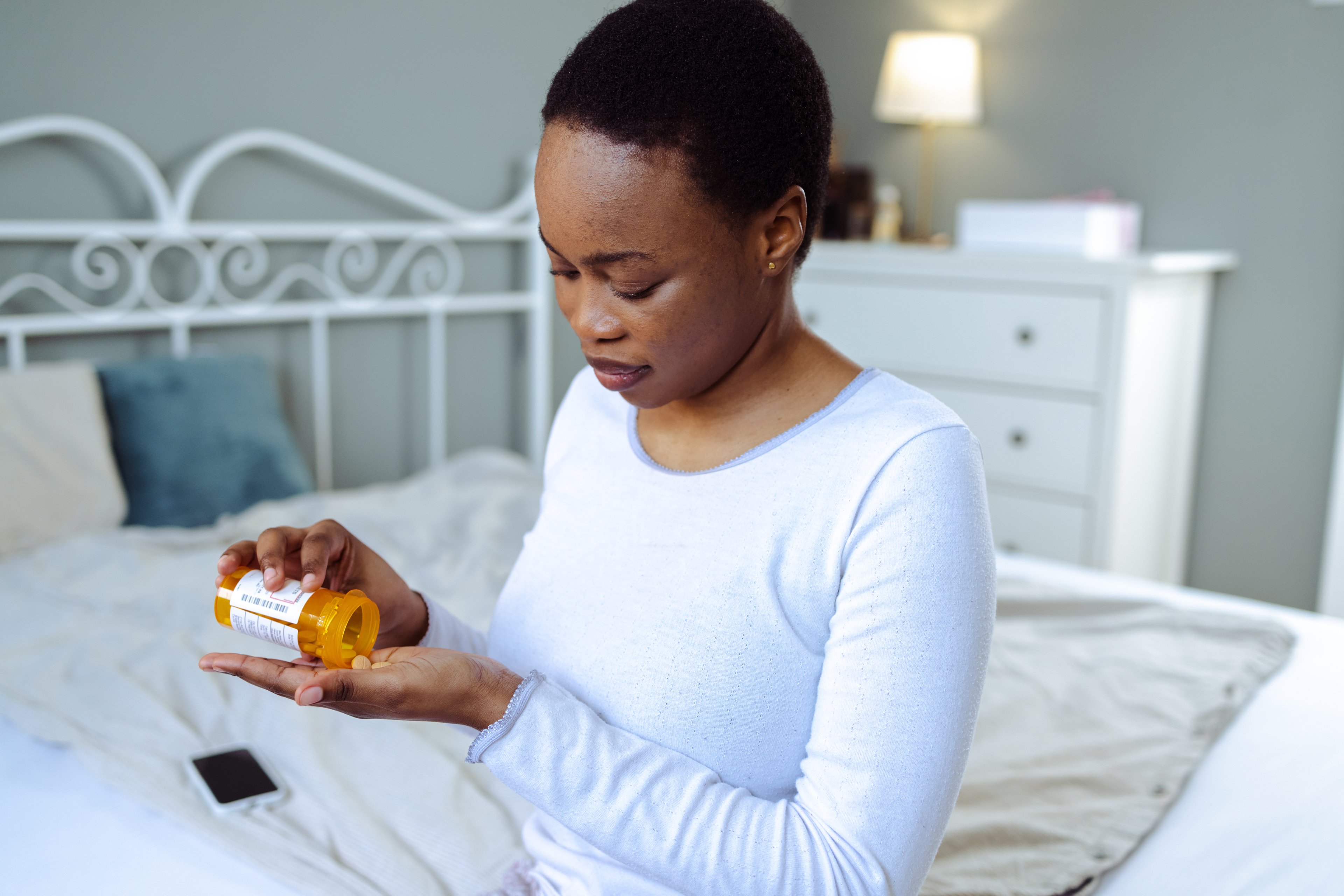With patent-protected market exclusivity for their products, pharmaceutical companies reliably produce profits that they aren't shy about distributing to shareholders. In an industry already known for relatively strong dividend payout raises, AbbVie (ABBV 0.15%) stands out with a quarterly payment that has soared 221.6% over the past decade.

Image source: Getty Images.
An ability to retain exclusivity for its former lead drug is how AbbVie delivered a 494% total return over the past decade. The company spun off from Abbott Laboratories in 2013 to limit the parent's exposure to a looming patent cliff for Humira, an injectable anti-inflammation treatment for people with arthritis, psoriasis, and other autoimmune disorders that launched in 2003.
Composition of matter patents are generally good for 25 years, which gives drugmakers a little over a decade of exclusivity following the typical new drug development process. AbbVie employed a thicket of additional patents that held off biosimilar competition for Humira in the U.S. market until 2023.
AbbVie's new lead drug, Skyrizi, is also an injectable treatment. Injectable drugs involve complicated manufacturing and administration processes, which means there are extra opportunities to extend their exclusivity periods.

NYSE: ABBV
Key Data Points
Sales of Skyrizi bounded 69% higher year over year in the first half of 2025 to $7.8 billion. That's outstanding for a drug that launched in 2019, and it's not the only treatment offsetting Humira losses for AbbVie. Rinvoq, an arthritis drug that also launched in 2019, racked up $3.7 billion in sales during the first half of 2025. Despite Humira sales that shrank by more than half, total first-half revenue is up by 8% this year.
At recent prices, AbbVie offers a juicy 3.1% dividend yield. If AbbVie can extend exclusivity periods for Rinvoq and Skyrizi as effectively as it did for Humira, shareholders could see their payments surge in the decade ahead, too.






